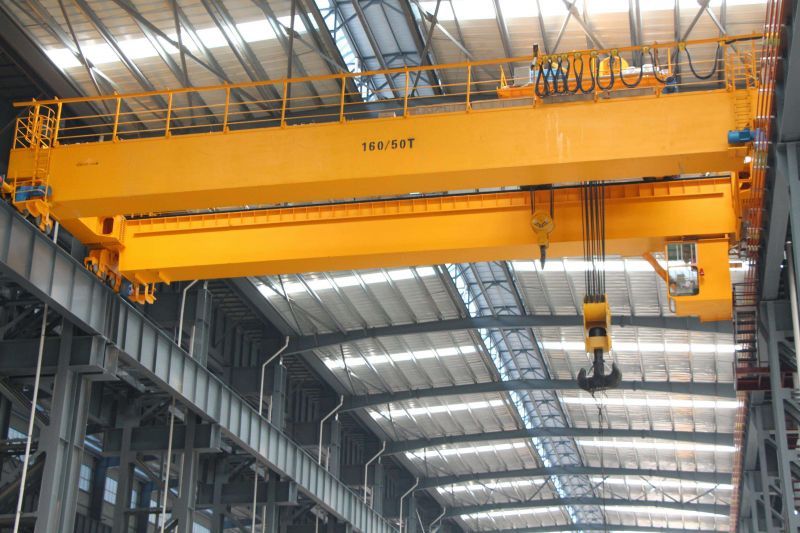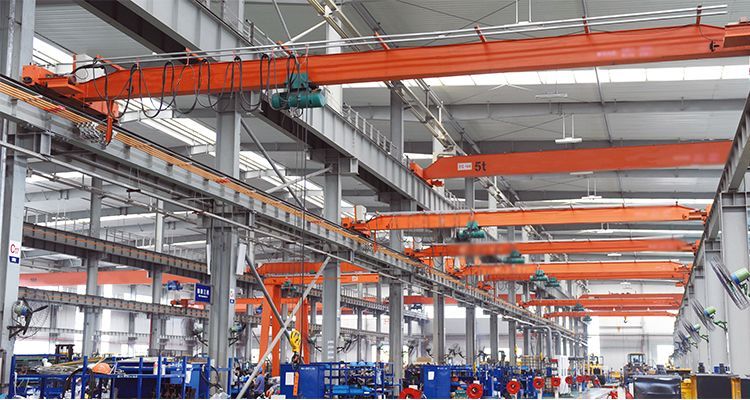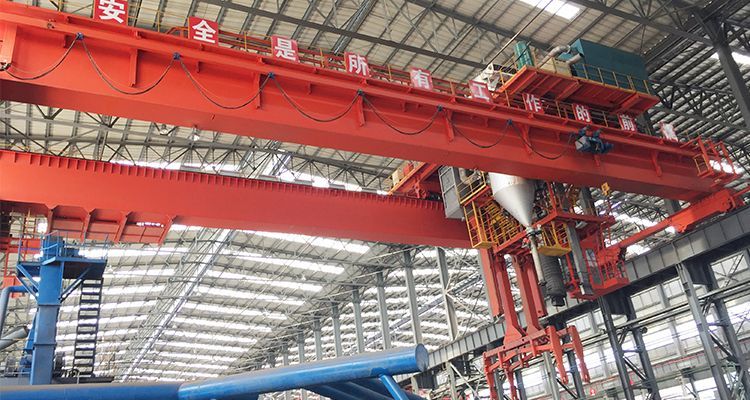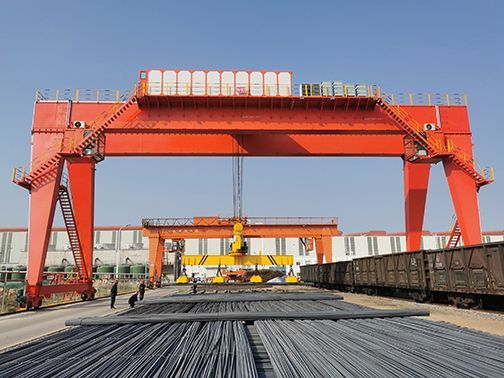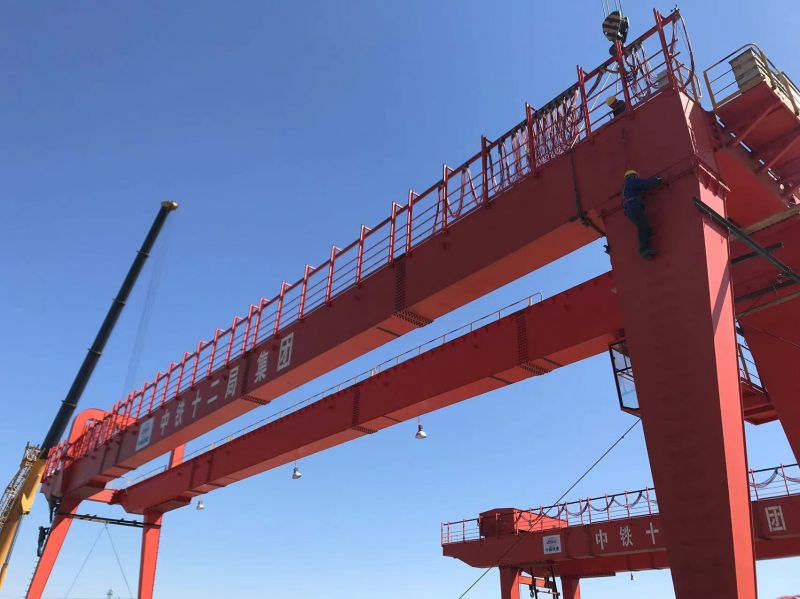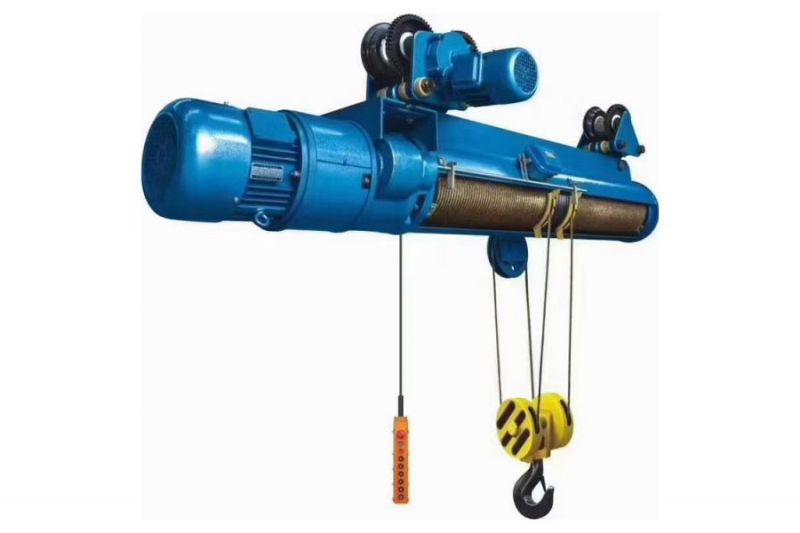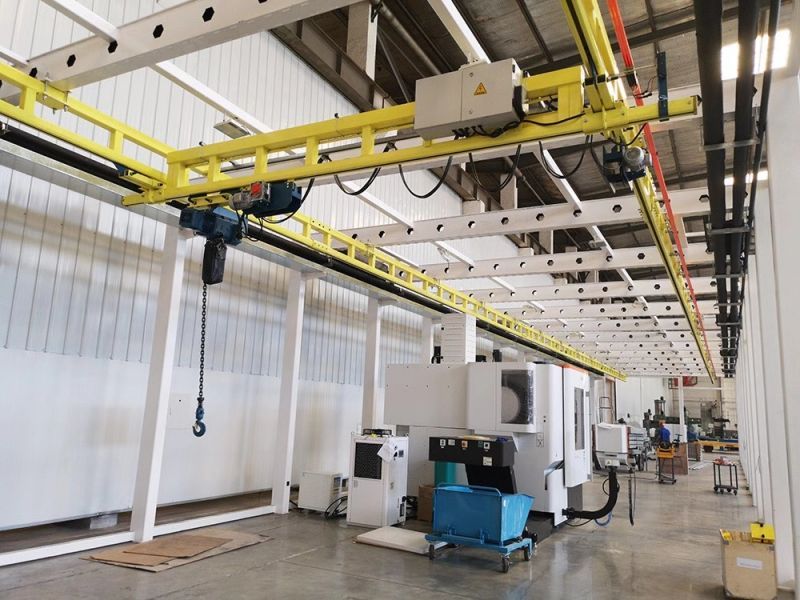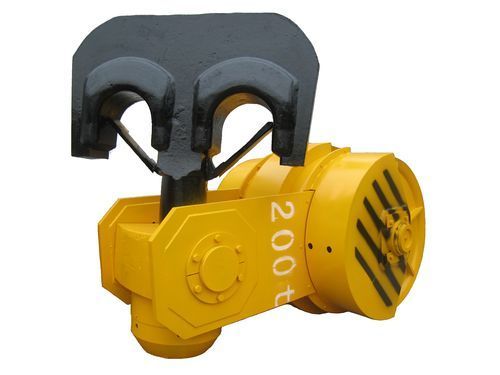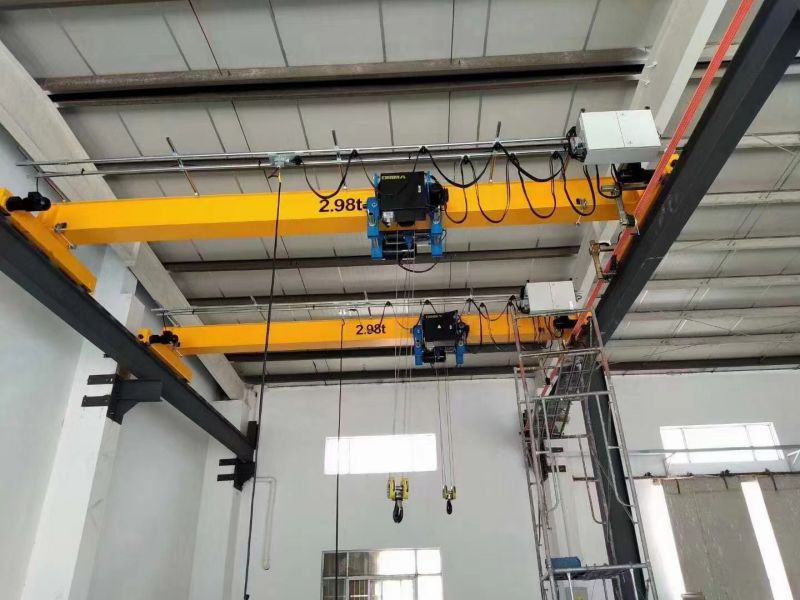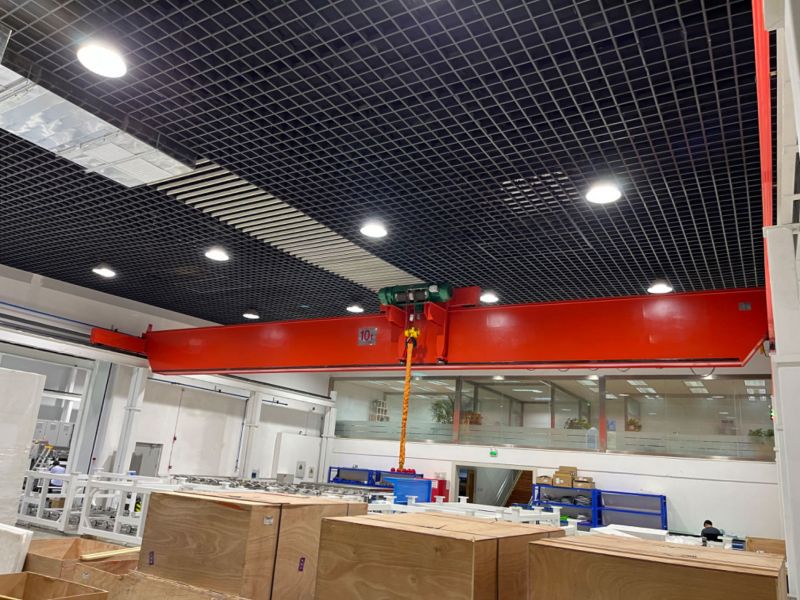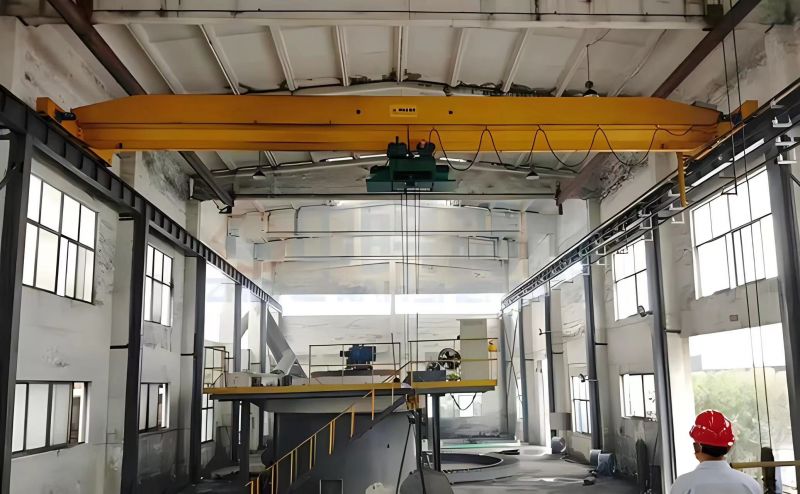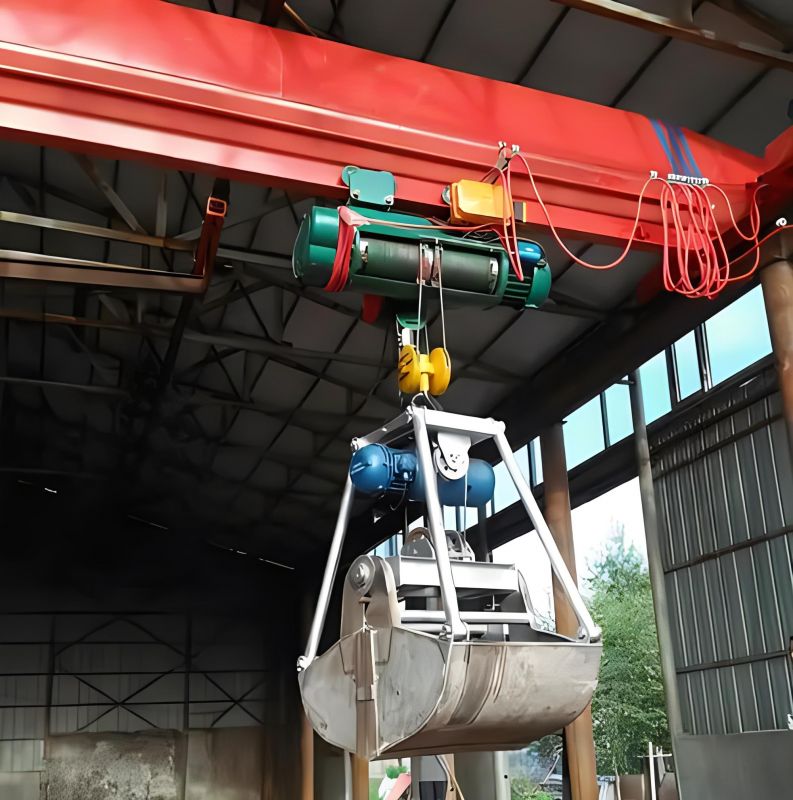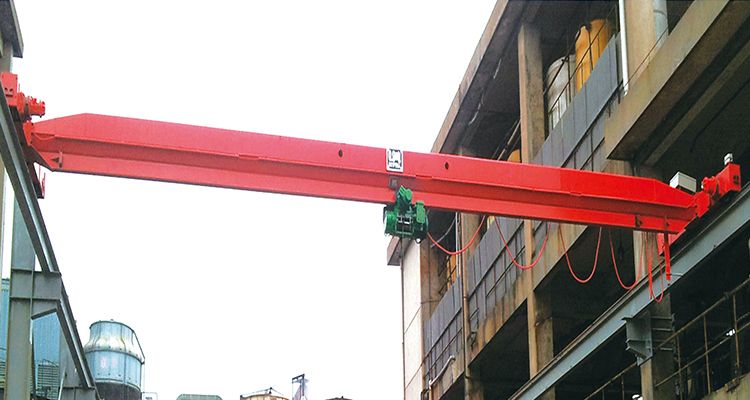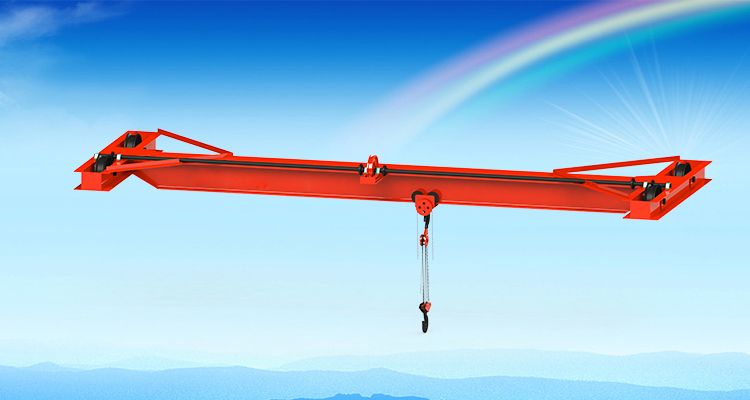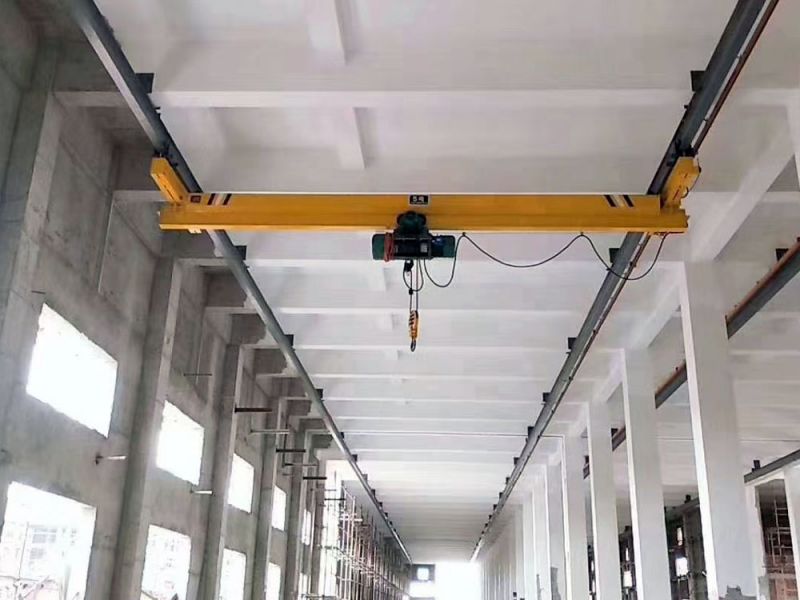LDE double hoist single beam bridge crane
Source manufacturer
technological innovation
High cost performance ratio
A single beam bridge crane is a lifting equipment that is horizontally
suspended above workshops, warehouses, and material yards for material lifting.
Due to its two ends resting on tall cement columns or metal supports, it has a
bridge like shape. The bridge of a single beam overhead crane runs
longitudinally along the tracks laid on both sides of the elevated structure,
making full use of the space below the bridge to lift materials without being
obstructed by ground equipment. It is a type of lifting machinery with a wide
range of applications and a large quantity. Application scope Single beam bridge crane is an important tool and equipment for achieving
mechanization and automation of the production process in modern industrial
production and lifting transportation. Therefore, single beam bridge cranes are
widely used in indoor and outdoor industrial and mining enterprises, steel and
chemical industries, railway transportation, port terminals, logistics turnover
and other departments and places. Precautions (1) Each crane must be clearly labeled with its rated lifting capacity. (2) During work, no one is allowed to be on the bridge or transported with
hooks. (3) No one is allowed to drive a crane without an operating license or
under the influence of alcohol. (4) During the operation, it is necessary to concentrate and avoid talking,
smoking, or doing unrelated things. (5) The car should be cleaned thoroughly; Do not place equipment, tools,
flammable materials, explosive materials, and dangerous goods
indiscriminately. (6) Overloading of cranes is not allowed. (7) The following situations are not allowed to be lifted: mechanical parts
are overloaded; Signal unclear; Diagonal pull; Objects buried or frozen in the
ground; There is someone on the suspended object; Flammable, explosive, and
hazardous materials without safety protection measures; Overloaded liquid items;
The steel wire rope does not meet the requirements for safe use; The lifting
mechanism is malfunctioning. (8) When the crane operates on a line without obstacles, the hook or
lifting device and the bottom of the lifted object must be at least 2 meters
above the ground. If crossing an obstacle, it must be 0.5m higher than the
obstacle. (9) For lifting objects weighing less than 50% of the rated lifting
capacity, two mechanisms are allowed to operate simultaneously; If the lifting
capacity of an object exceeds 50% of the rated lifting capacity, only one
mechanism can operate. (10) Bridge cranes with main and auxiliary hooks should not raise or lower
the main and auxiliary hooks simultaneously (with special exceptions). (11) Do not weld or hammer on the lifted object, and do not work underneath
the object (if supported). (12) Inspection or maintenance work can only be carried out after a power
outage and when a power outage operation sign is hung on the switch. If live
working is necessary, safety measures must be taken for protection and a
dedicated person must be assigned to take care of it. (13) Do not litter from the car. (14) Limit switches and interlock protection devices should be checked
regularly. (15) It is not allowed to use limit switches as a parking method. (16) When there is a problem with the lifting brake, it is not allowed to
lift heavy objects. (17) The suspended object is not allowed to run over people or
equipment. (18) When welding a certain part of the crane, a dedicated grounding wire
should be set up and the machine body should not be used as a grounding
wire. (19) When the hook is in the lower limit position, there must be at least
two safety rope loops left on the drum. (20) Cranes are not allowed to collide with each other, let alone use one
crane to push another crane for work. (21) When lifting heavy objects, liquid metals, explosive and dangerous
goods, it is necessary to slowly lift them 100-200mm off the ground to test the
reliability of the brake. (22) The voltage of the lighting fixtures used for repair and inspection
must be below 36V. (23) All electrical equipment enclosures of bridge cranes should be
grounded. If the car track is not welded to the main beam, welding ground wire
measures should be taken. The grounding wire can be made of galvanized flat iron
with a cross-sectional area greater than 75mm2, bare copper wire with a
cross-sectional area of 10mm2, or galvanized round steel with a cross-sectional
area greater than 30mm2. The grounding position of the driver's cab or crane
body should be more than two. The grounding resistance between any point on the
crane and the neutral point of the power supply should be less than 4 Ω. (24) Regular safety technical inspections should be conducted, and pre
inspection and pre repair work should be done well.



